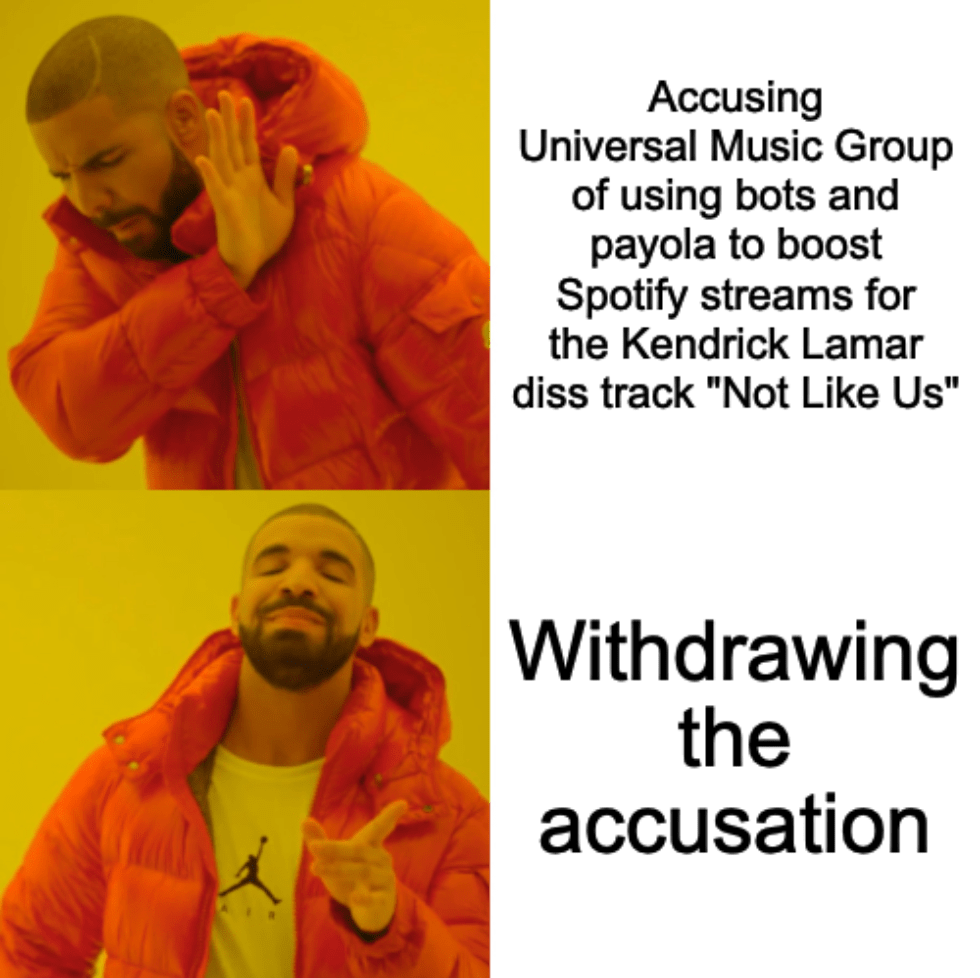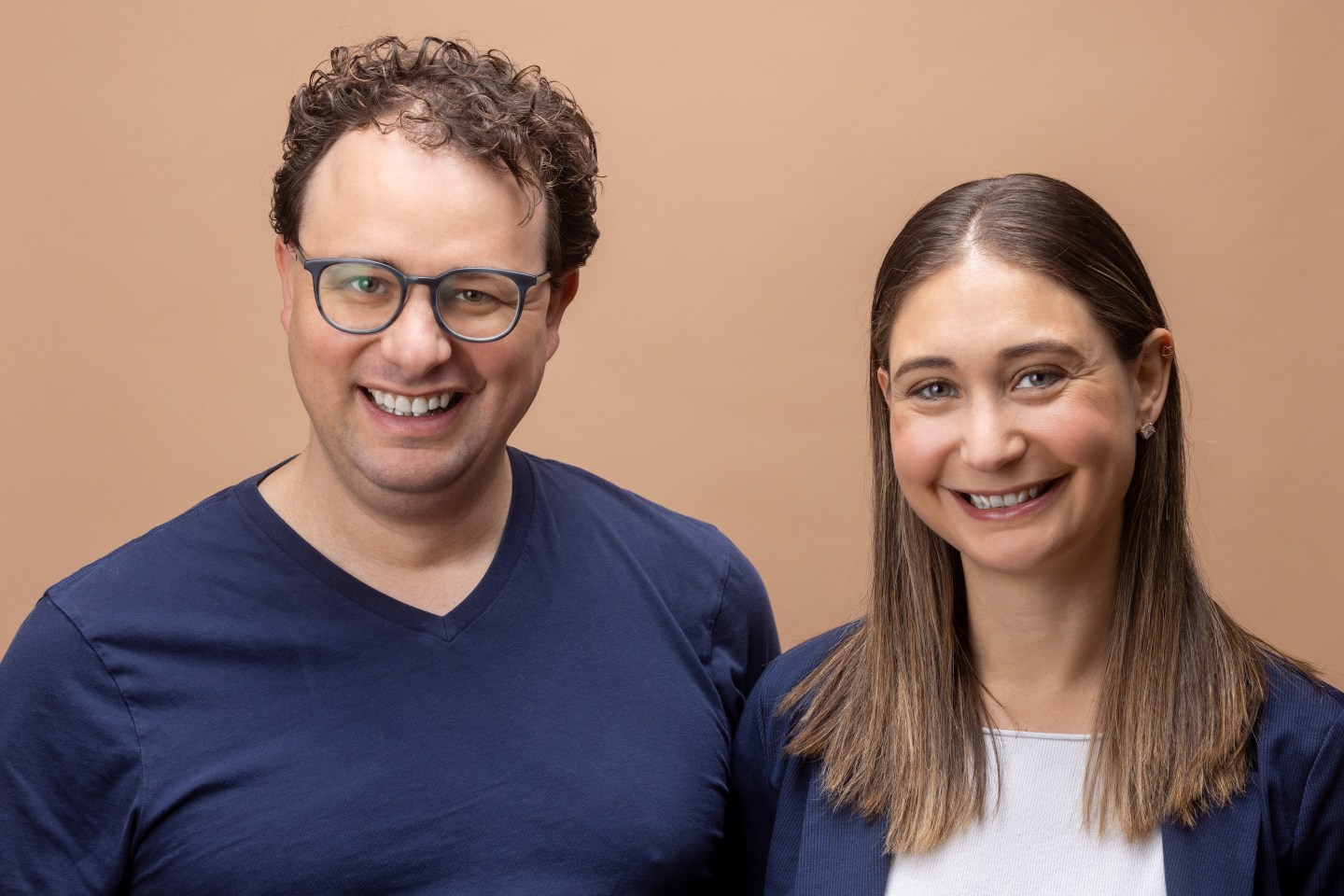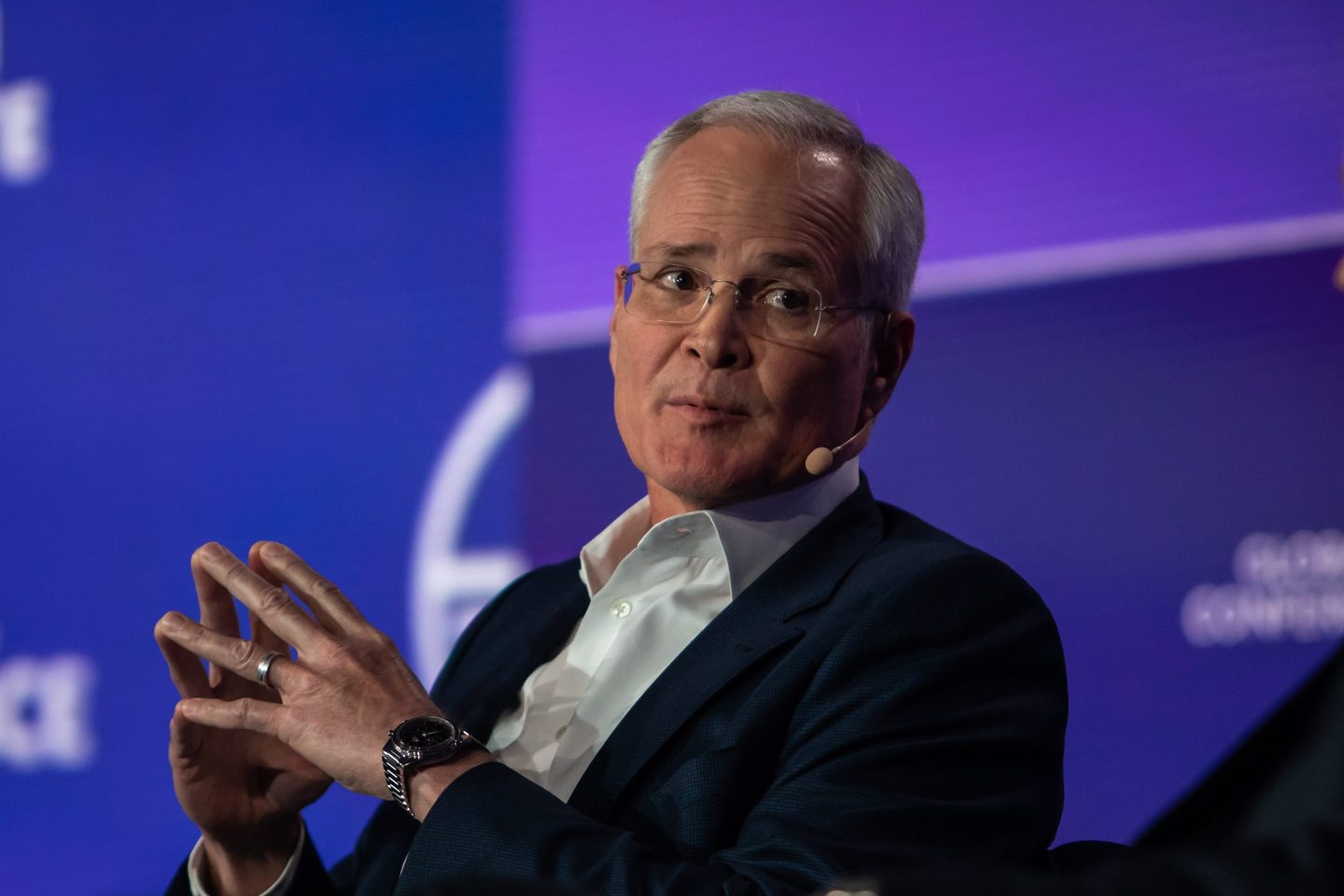Good morning. Did you know TikTok CEO Shou Zi Chew was an intern at Facebook?
It’s true. Chew, 42, spent a summer fetching coffee moving fast and breaking things while pursuing his MBA at Harvard. A few finance gigs later—plus Xiaomi’s IPO; I hear that went well—the Singaporean ended up as CFO of TikTok parent ByteDance.
Today Chew’s social media company is the reflexive habit of every member of Gen Z, the envy of every centibillionaire named Mark, and the flashpoint for a standoff between two global powers. Not too shabby for a tired millennial, eh? —Andrew Nusca
Want to send thoughts or suggestions to Data Sheet? Drop a line here.
FTC sues Deere over repair restrictions

The U.S. Federal Trade Commission sued farm equipment maker Deere yesterday, alleging that the company illegally drives up repair costs by forcing farmers to use its authorized dealer network.
If you’re asking yourself, “Why is a story about the green tractor company in a tech newsletter?” you’re not paying close enough attention.
The “right to repair” debate made headlines in tech circles years ago for its application to smartphones, but the issue doesn’t stop there. Farm equipment has grown increasingly digital and complex, making it harder for conventional mechanics to troubleshoot.
But the FTC says Deere took it further—unlawfully so. Deere made the only software that enables repairs of its equipment, then strictly limited its availability to the Deere dealer network, where it subsequently hiked prices, the commission alleges.
“Illegal repair restrictions can be devastating for farmers, who rely on affordable and timely repairs to harvest their crops and earn their income,” said FTC chair Lina Khan in a statement. “The FTC’s action today seeks to ensure that farmers across America are free to repair their own equipment or use repair shops of their choice—lowering costs, preventing ruinous delays, and promoting fair competition for independent repair shops.”
Deere told Reuters that it hadn’t yet received the FTC’s complaint but planned to expand self-repair options for farmers in a pilot program. —AN
Trump considers suspension of TikTok ban enforcement; Biden mulls options
As January 19 rapidly approaches for the Biden administration’s divest-or-ban TikTok order to take effect, both the outgoing and incoming U.S. presidents are scrambling to take action.
A Washington Post report says President-elect Donald Trump—who had petitioned the Supreme Court to delay the bipartisan law’s effective date to allow him to negotiate with Chinese-owned TikTok once in office—is considering an executive order to delay the law’s enforcement for 60 or 90 days.
Trump “has expressed a keen interest in being seen as rescuing a platform on which he’s been told he’s widely admired,” according to the Post report, even if the strategy is considered legally dubious.
Meanwhile President Biden is “considering ways to keep TikTok available in the United States,” according to a new NBC News report.
Why would the head of state who signed the bill into law in April want to do that? Because “it would mean the popular app’s going down would not define his last full day in office,” according to the report.
Though the order was made on the basis of national security—TikTok parent ByteDance, based in Beijing, has been accused of gathering data on U.S. users and manipulating what they see—it seems both politicians are having second thoughts about blocking access to an app that’s popular with 170 million Americans. —AN
Rising phonemaker Nothing wants to raise $100m, report says
Nothing, the London smartphone maker led by Carl Pei, a creator of Chinese phonemaker OnePlus, is reportedly trying to raise another $100 million.
Nothing wants to ramp up sales and prepare for a U.S. market push with a Series C funding round, according to a Bloomberg report. The company makes Google Android-based phones with unusual hardware design (e.g. transparent panels) as well as earbuds and smartwatches.
Nothing launched in 2021 and raised $100 million in 2023. It’s backed by Google’s venture arm GV and a number of prominent movers and shakers. Among them: iPod creator (and Data Sheet reader) Tony Fadell, YouTube personality Casey Neistat, Y Combinator CEO Garry Tan, Reddit CEO Steve Huffman, Swedish investor Cristina Stenbeck, and Abel “The Weeknd” Tesfaye.
Bloomberg notes that Nothing generated more than $500 million in revenue last year and sold 7 million units since its founding. Its largest phone markets are India, Germany, and the U.K., though the U.S. tops the list for its audio products. —AN
More data
—Bitcoin back to $100,000. Why? A sense that Fed rate cuts will return.
—Google makes Gemini free for Workspace users. But the price of all plans goes up.
—Block to pay $80 million fine to U.S. states for not sufficiently policing money laundering on its Cash App.
—U.S. blacklists two dozen more Chinese companies including Zhipu and Sophgo.
—VW CEO Oliver Blume under pressure to relinquish CEO role at Porsche, which Volkswagen controls.
—Microsoft 365 apps won’t work on Windows 10 after Oct. 14. The OS was released a decade ago, after all.
—AI clickfarms are proliferating. Hundreds of websites masquerading as media outlets and serving up “AI slop.” Delicious!
—A 28-year-old woman fell in love with ChatGPT. Yes, really.













